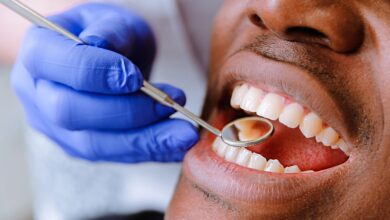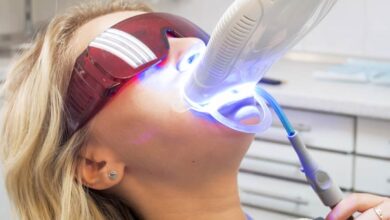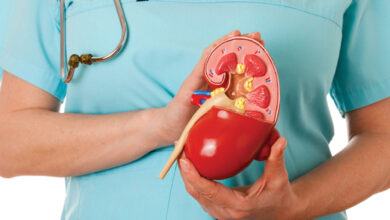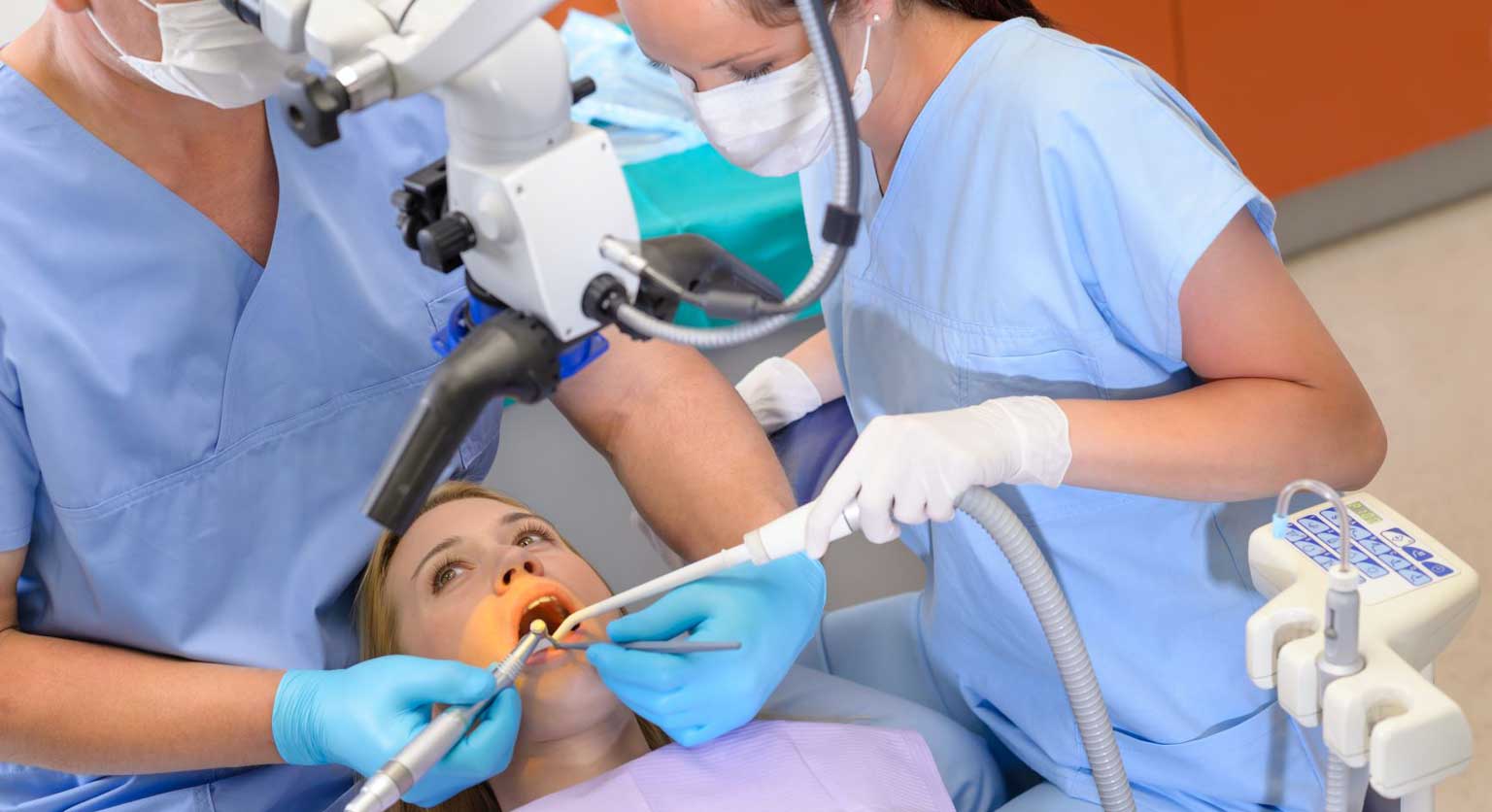Knowing When to Call 911: A First Aid Decision-Making Guide

Emergencies can happen unexpectedly, and in critical situations, knowing when to call 911 can make a significant difference in saving a life. This decision-making guide aims to provide clarity on when to seek immediate professional assistance and when to administer first aid while waiting for help.
Assess the Situation
Before making the decision to call 911, it’s crucial to assess the situation. Look for signs of severe injury or illness. If someone is unconscious, having difficulty breathing, experiencing severe chest pain, or has sustained a life-threatening injury, these are clear indicators that emergency medical assistance is necessary.
First aid for parents includes skills like CPR, wound care, choking response, and recognizing signs of illness. It empowers parents to respond effectively to emergencies, ensuring their child’s safety.
Unconsciousness and Breathing Difficulties
If you come across someone who is unconscious, the first step is to check for breathing. If the person is not breathing or only gasping, this is a critical situation requiring immediate intervention. Start CPR if you are trained, and if not, call 911 and follow the dispatcher’s instructions.
Chest Pain or Discomfort
Severe chest pain or discomfort can be indicative of a heart attack. If someone is experiencing persistent chest pain, especially if it radiates to the arm, jaw, or back, call 911 immediately. While waiting for help, encourage the person to rest and avoid any strenuous activities.
Severe Bleeding and Trauma
In cases of severe bleeding or trauma, it’s crucial to call 911 promptly. Apply direct pressure to the wound using a clean cloth or bandage to control bleeding. Avoid removing any objects lodged in the injury, as this could worsen the situation.
Signs of Stroke
Recognizing the signs of a stroke is vital. If someone exhibits sudden numbness or weakness in the face, arm, or leg, especially on one side of the body, along with confusion, trouble speaking, or difficulty understanding speech, call 911 immediately. Note the time when symptoms started, as this information is crucial for medical professionals.
Seizures and Allergic Reactions
While not all seizures require emergency assistance, prolonged or repeated seizures lasting more than five minutes or occurring back-to-back require immediate attention. Similarly, if someone experiences a severe allergic reaction (anaphylaxis), with symptoms like difficulty breathing or swelling of the face and throat, call 911 and administer epinephrine if available.
When in Doubt, Call 911
If you’re unsure whether a situation warrants emergency assistance, it’s better to err on the side of caution and call 911. Dispatchers are trained to assess situations over the phone and can provide guidance on the next steps. It’s always better to seek professional help when in doubt.
In summary, recognizing the signs of a true emergency is crucial in determining when to call 911. Quick and appropriate action in critical situations can significantly impact the outcome. By following this decision-making guide, you can be better prepared to respond effectively when faced with a medical emergency.




